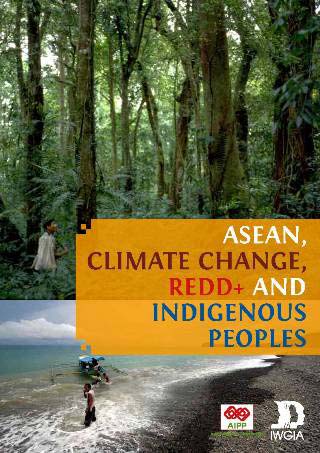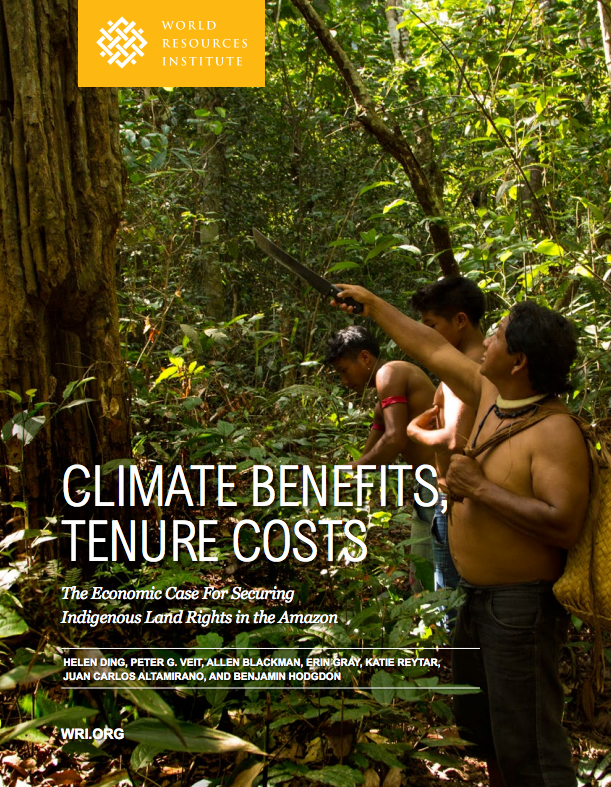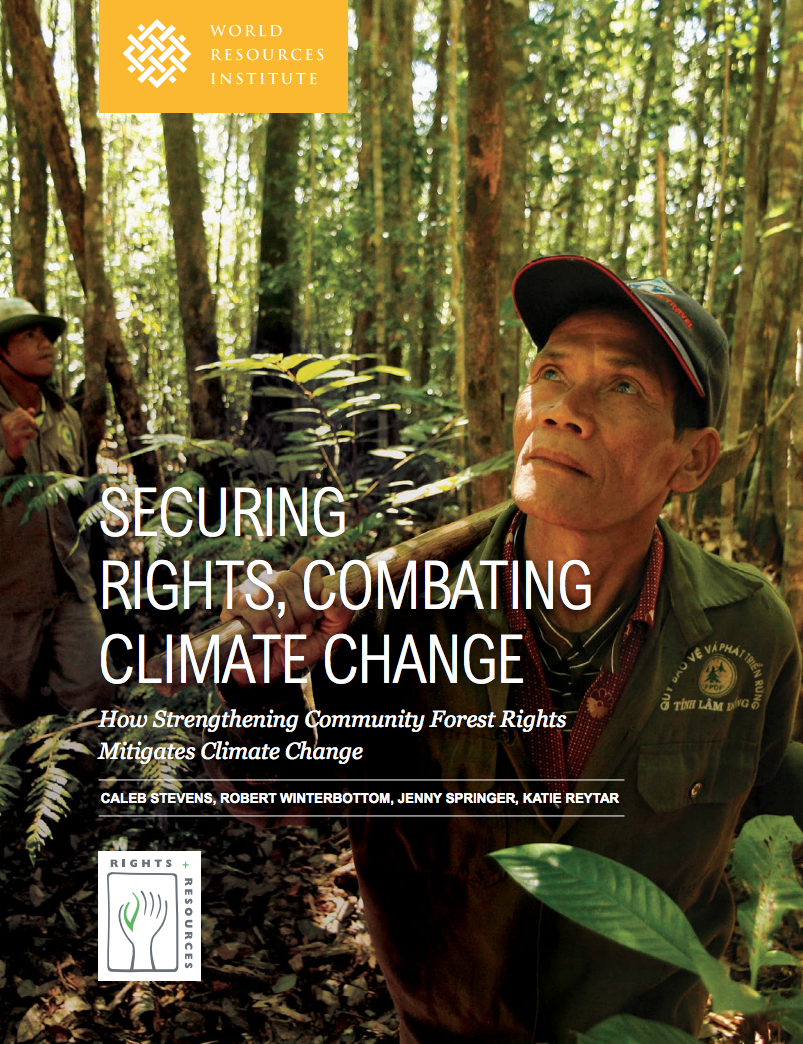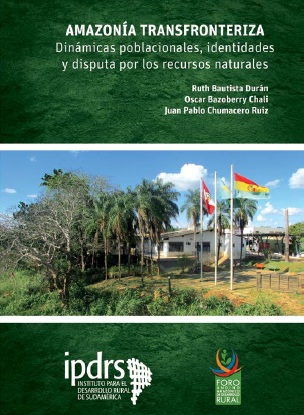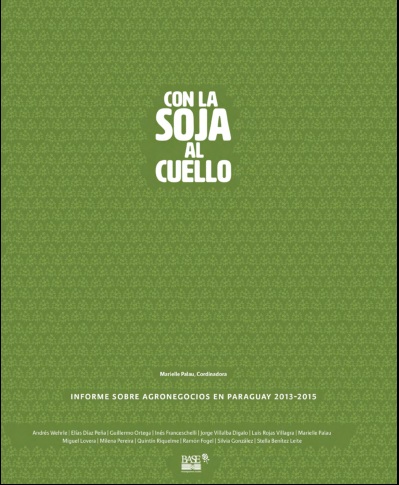Structural Adjustment and Forest Resources : The Impact of World Bank Operations
Over two decades, the World Bank has
undertaken many structural adjustment operations with
governments of developing countries. During negotiations for
structural adjustment loans (SALs), partner governments
agree to specific policy reforms, whose implementation
becomes a condition for disbursement of SAL funds.
Conditionality varies with local circumstances, but
generally supports privatization of state enterprises,


